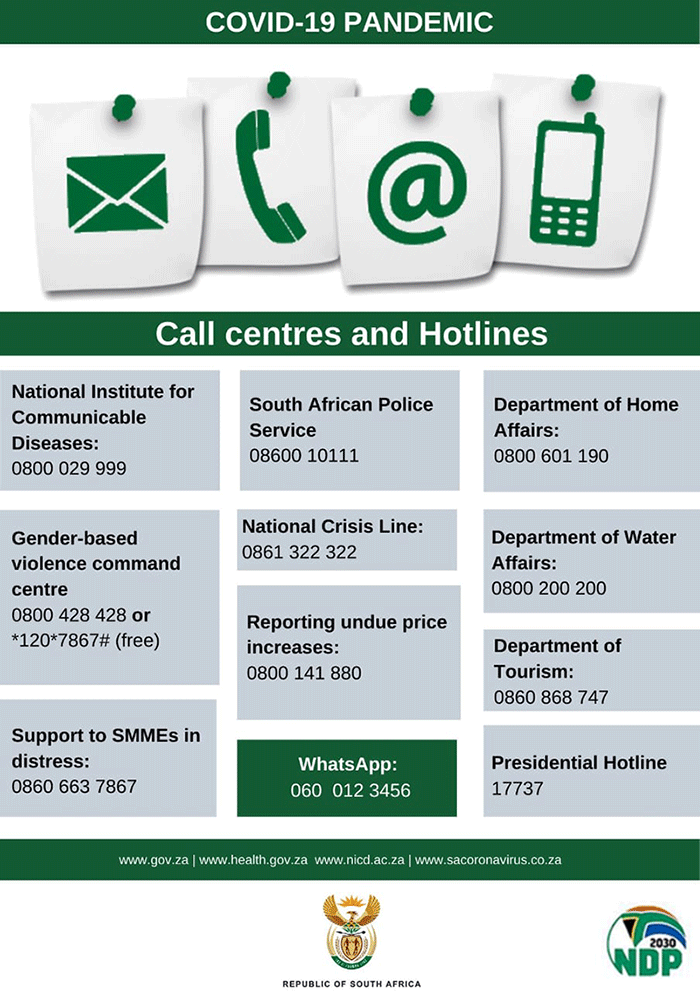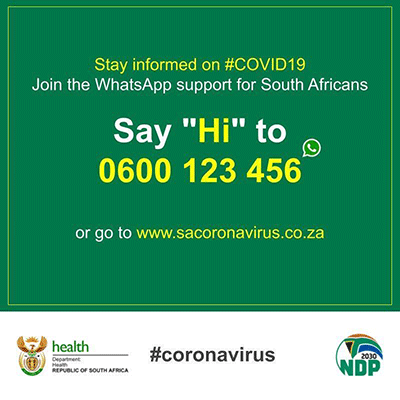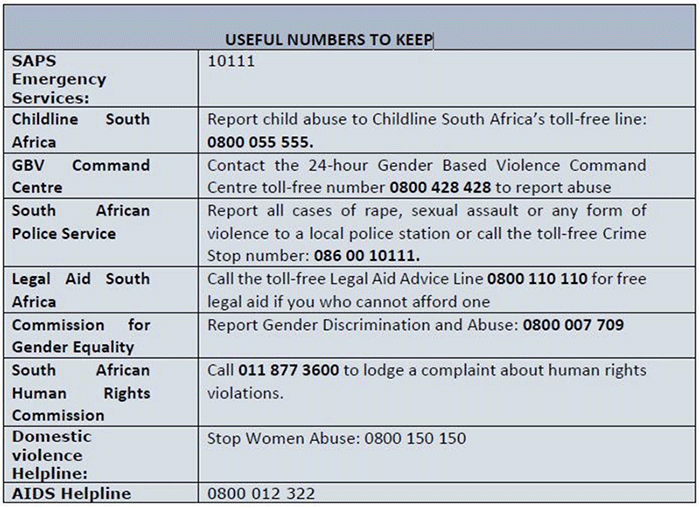
The African college of excellence in the social and human sciences

Prof Nokuthula Mazibuko, Head: Institute for Gender Studies, Unisa
South Africa’s national state of disaster and associated lockdown in response to the COVID-19 pandemic has impacted upon the number of gender-based violence (GBV) cases in the country in a negative way.
Recently, on 5 April 2020, police minister Bheki Cele announced that the South African Police Service (SAPS) had received 2 320 complaints of gender-based violence (GBV) during the first week of the lockdown. This is 37% higher than the weekly average of the 87 290 domestic violence cases reported to police during 2019. Additionally, according to media sources, the national Gender-Based Violence Command Centre said they had tripled the usual number of calls.
According to Prof Nokuthula Mazibuko, Head of the Unisa Institute for Gender Studies, housed in the College of Human Sciences, such numbers were expected once the lockdown was imposed. The increased GBV incidents come as no surprise to her because these statistics were already alarmingly high in South Africa.
She says that the consequences of the outbreak of COVID-19 was always going to have gendered norms. By this, Mazibuko means that women are more likely to be infected by the virus given their predominant roles as caregivers within families and as front-line health-care workers.
"The closure of schools to control COVID-19 transmission in South Africa also has a differential effect on women, who provide most of the informal care within families, with the consequence of limiting their work and economic opportunities, and increasing their exposure to violence at home."
Mazibuko says that GBV, and domestic violence in particular, are caused by social dynamics that support violence, namely widespread poverty, unemployment and income inequality, patriarchal notions of masculinity, risk-taking and defence of honour, exposure to abuse in childhood and weak parenting, and access to firearms, as well alcohol abuse and weaknesses in law enforcement.
"The high incidence of domestic violence has continued unabated, despite the Domestic Violence Act 116 of 1998 passed by the South African government, which aims at protecting the rights of women. And now, with the lockdown to curb the spread of COVID-19, it can be argued that violence against women has reached epidemic proportions in South Africa and is occurring in many households."
She says part of the blame for domestic violence against women is an alleged culture of violence that exists in South Africa, where it is accepted as a means to resolve disputes. She adds that the ownership of household goods, male and female occupations, and unemployment are added indicators of domestic violence.
"Other causes of violence are the woman’s family of origin, which is associated with her risk of experiencing domestic violence. Non-egalitarian patterns of decision-making are also associated with women’s increased risk of experiencing domestic violence. Further to this, disadvantaged communities characterised by high rates of crime, poverty and high male unemployment rates, are also linked with the likelihood of women being in violent relationships."
Going forward, Mazibuko says one of the ways to assist in reducing domestic violence during the lockdown is for SAPS to enhance its availability to the high-risk areas. Women victims, she continues, resort to silence as a typical response when faced with domestic violence. This silence, says Mazibuko, does not stem from acceptance of violence as a cultural norm but may emanate from shame and fear.
On her point of enhanced police availability and visibility, she adds: "The frustration experienced by men in the public domain will continue to be expressed in the private domain with women. The commitment of working-class fathers to the traditional role of father as the ultimate authority in the family is seen within the context of the contradiction between their position in the workplace and their childhood socialisation within a patriarchal social order. This socialisation is saturated with the old-fashioned values of a man as commanding unquestioning obedience from his family and as a proud, fearless respected force within the wider community."
In this regard, she also advises the community to play their part. "The first persons to witness or even hear the violence are the neighbours. We need to urgently break the habit of silence, the habit of not reporting domestic violence when we see it occurring to our neighbours. The notion that some things are none of our business is an incorrect one when it comes to domestic violence. Everyone is responsible to end this pandemic. Use the platforms that have so far been made available to us."
Similar to Mazibuko’s sentiments, government has called on communities to wage war against GBV. Social development minister, Lindiwe Zulu, called on community members to report any abuse. "We must not lose sight of the violence against women and children. This is a South African scourge and one that we have to continue fighting."
Zulu added that a GBV Command Centre will operate 24 hours. Cele said as an extra measure, SAPS has plans to beef up the Family Violence, Child Protection and Sexual Offences Units to deal with the threat. The minister encouraged South Africans who are being abused or those wishing to report the crimes to use the SAPS number dedicated to deal with cases of abuse. The number is 0800 428 428.



* Compiled by Rivonia Naidu-Hoffmeester, Communications and Marketing Specialist, College of Human Sciences
Publish date: 2020-04-15 00:00:00.0